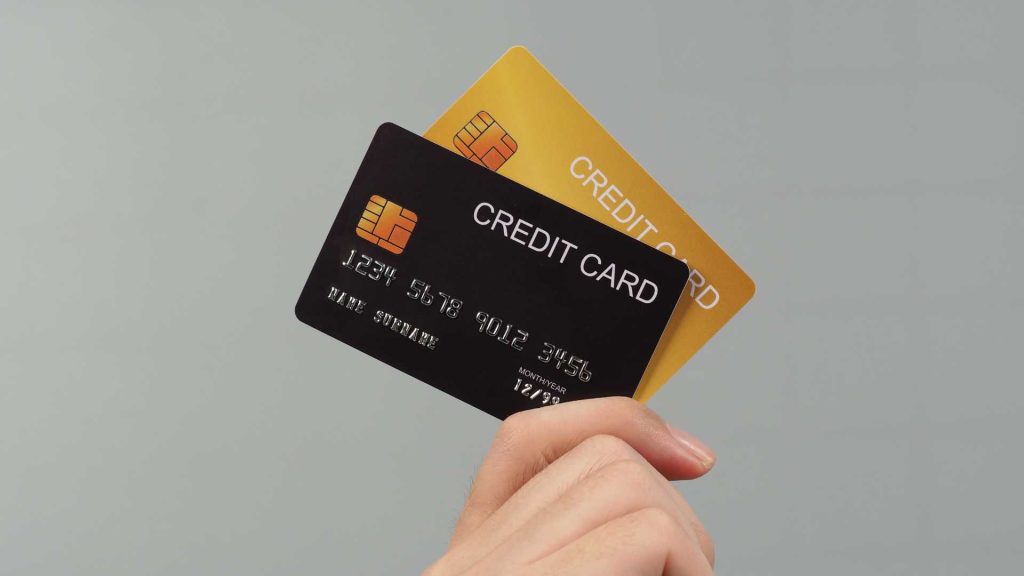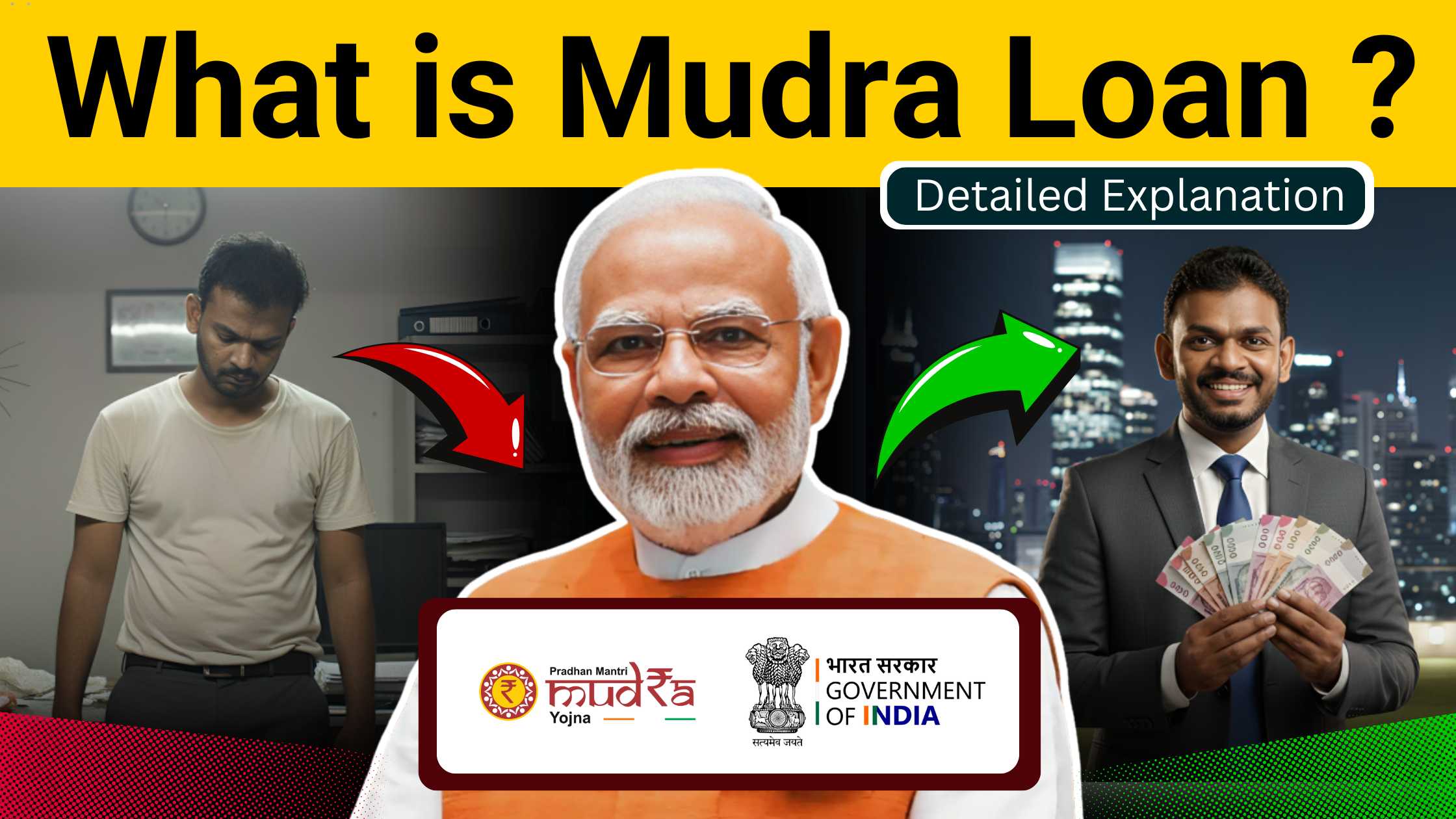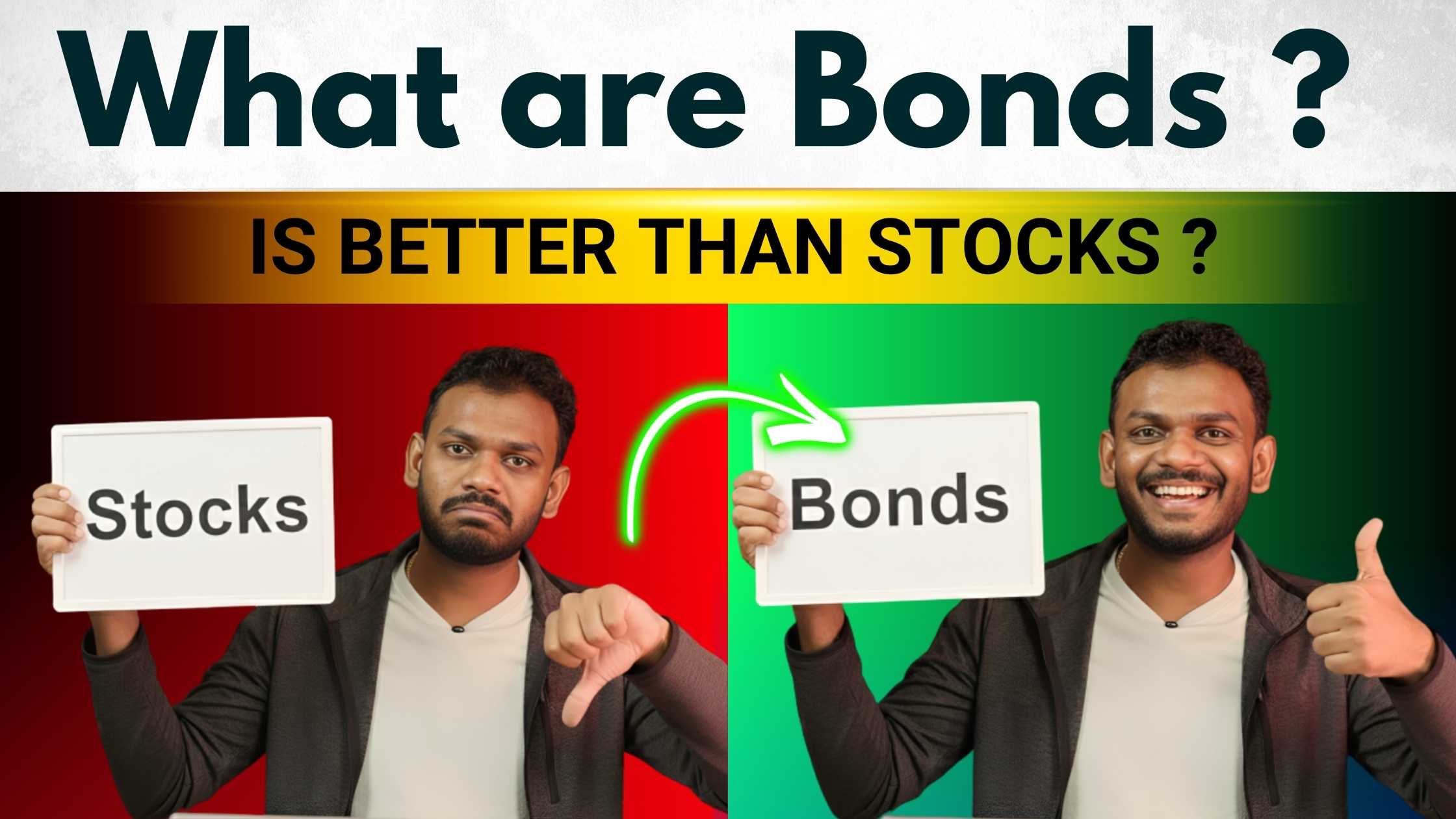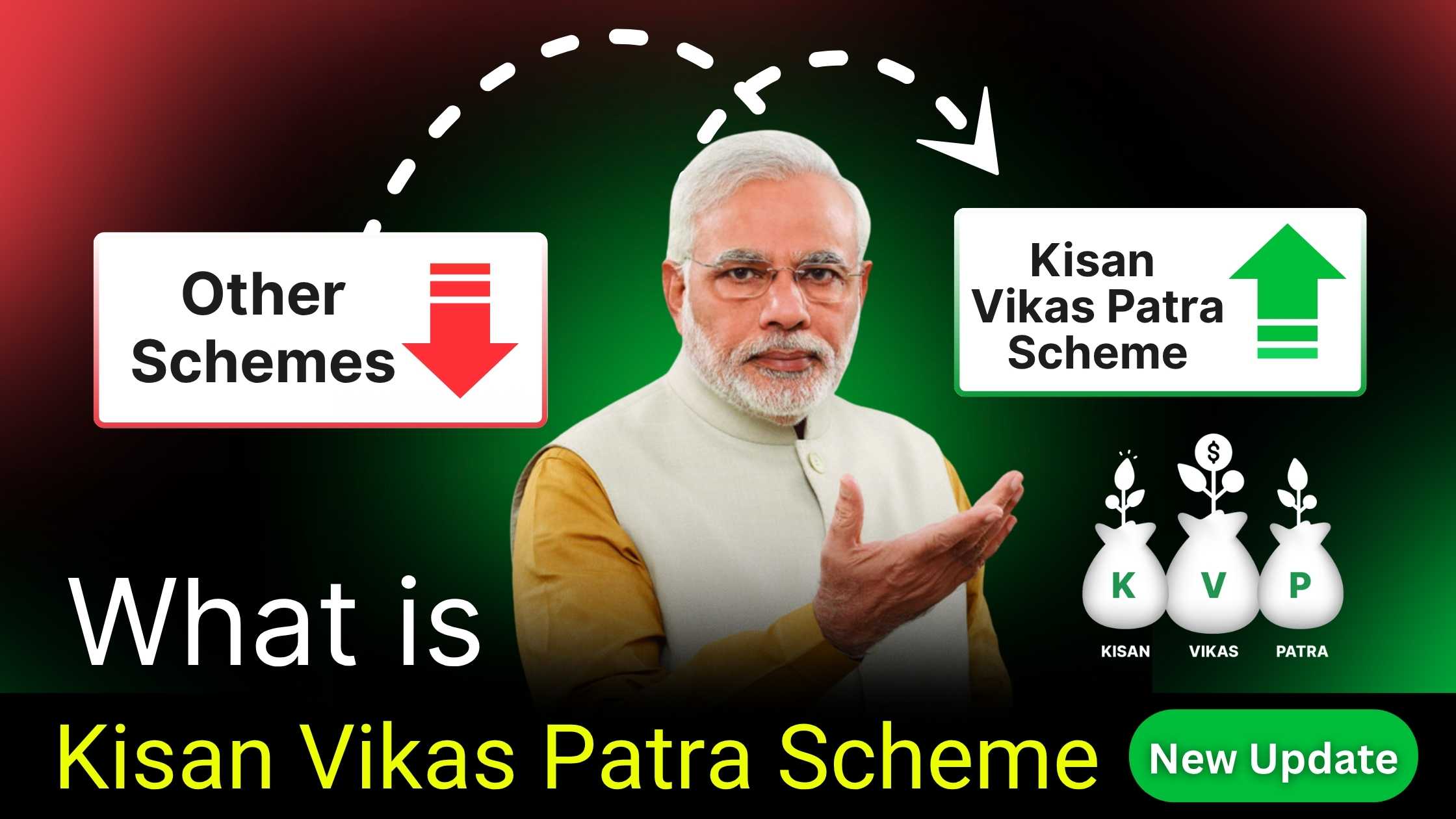Personal Loan vs Credit Card : Which One is Better ? : Comprehensive Guide 2025
Personal Loan vs Credit Card : In today’s fast-moving financial world, access to instant funds has become easier than ever before. Whether you need money for emergencies, medical expenses, education, or travel, both personal loans and credit cards are among the most common and convenient financial tools available. However, deciding between the two can be tricky because each comes with its own advantages, limitations, and ideal use cases. To make the right decision, you need to understand how both financial instruments work, what their features are, and how they affect your financial health.
Table of Contents
In this comprehensive guide, we’ll dive deep into the difference between personal loans and credit cards, their benefits, limitations, and which one suits your financial goals better in 2025.
What is a Personal Loan?

A personal loan is a type of unsecured loan offered by banks, NBFCs, and digital lenders that allows individuals to borrow a fixed sum of money without providing any collateral. Borrowers can use the funds for multiple purposes such as home renovation, debt consolidation, weddings, education, or emergency expenses. The loan is repaid in equated monthly instalments (EMIs) over a fixed tenure, which usually ranges from 12 months to 60 months or even longer depending on the lender.
Also Read : How to Manage Personal Loan EMI Without Stress – Comprehensive Guide 2025
Since a personal loan is unsecured, your creditworthiness (based on your CIBIL score, income, and employment stability) plays a key role in determining eligibility, interest rate, and approval speed.
Key Features of a Personal Loan:
- Loan Amount: ₹10,000 to ₹40 lakh depending on lender and eligibility
- Tenure: 12 to 60 months or more
- Interest Rate: Generally between 9% and 24% p.a.
- Collateral: Not required (unsecured loan)
- Repayment: Fixed EMIs over tenure
- Approval Time: Usually within 24–48 hours (instant in case of pre-approved offers)
- Usage: No restrictions; can be used for any personal or professional need
Advantages of Personal Loans:
- Lower Interest Rate (compared to credit cards): Personal loans usually have lower interest rates than revolving credit card balances.
- Fixed Repayment Structure: The EMI system helps you plan your finances effectively.
- Large Loan Amounts: Suitable for high-value expenses or long-term financial needs.
- No Collateral Required: You don’t need to pledge any asset.
- Flexible Usage: Funds can be used for any purpose – from travel to education.
- Debt Consolidation: Can be used to pay off high-interest debts or multiple credit card balances.
Disadvantages of Personal Loans:
- Processing Fees: Most lenders charge 1%–3% of the loan amount.
- Prepayment Penalty: Some lenders charge a penalty for early repayment.
- Fixed Tenure: Once the loan is taken, the tenure is fixed, limiting flexibility.
- Credit Score Impact: Missing EMIs can reduce your CIBIL score.
What is a Credit Card?

A credit card is a revolving line of credit that allows you to borrow funds up to a pre-approved limit for purchases, bill payments, or cash withdrawals. You can use the credit card for short-term borrowing and repay the amount before the due date to avoid interest charges. Credit cards are especially convenient for frequent transactions, online shopping, and emergencies.
When you make payments using a credit card, the bank pays on your behalf, and you have up to 45–50 days of interest-free period to repay the amount. If you fail to pay the total due, interest is charged only on the outstanding balance.
Key Features of a Credit Card:
- Credit Limit: Varies depending on income and credit score
- Interest Rate: 30% to 48% per annum (if not repaid on time)
- Billing Cycle: Usually 30 days + 15–20 days grace period
- Minimum Due: You can pay as low as 5% of the total amount due
- Rewards: Cashback, air miles, reward points, discounts, and more
- EMI Conversion: Purchases can be converted into EMIs at lower rates
Advantages of Credit Cards:
- Instant Access to Funds: Swipe and pay anytime, anywhere.
- Interest-Free Period: Pay within 45–50 days to avoid any interest.
- Rewards and Cashback: Many cards offer points, cashback, or travel benefits.
- Emergency Flexibility: Ideal for unplanned short-term expenses.
- Builds Credit History: Responsible use improves credit score.
- Global Acceptance: Cards like Visa, MasterCard, and Amex are accepted worldwide.
Disadvantages of Credit Cards:
- High Interest Rates: Late payments attract heavy interest and penalties.
- Minimum Payment Trap: Paying only the minimum due can increase long-term debt.
- Impulse Spending: Easy availability of credit may lead to overspending.
- Hidden Charges: Annual fees, cash withdrawal charges, and late fees apply.
- Credit Score Risk: Delayed payments can damage your CIBIL score.
Personal Loan vs Credit Card – Detailed Comparison
| Feature | Personal Loan | Credit Card |
|---|---|---|
| Type of Credit | Fixed-term loan | Revolving credit |
| Collateral Required | No | No |
| Interest Rate (p.a.) | 9% to 24% | 30% to 48% |
| Tenure | 1 to 5 years | Continuous (monthly cycle) |
| Repayment Mode | Fixed EMIs | Flexible (full or minimum payment) |
| Loan Amount | Up to ₹40 lakh | Based on credit limit |
| Best For | Long-term needs | Short-term or recurring needs |
| Approval Time | 1–2 days | Instant (pre-approved) |
| Processing Fees | Yes (1%–3%) | Usually no (except annual fees) |
| Interest-Free Period | Not applicable | 45–50 days |
| Credit Score Impact | Affects if EMIs missed | Affects if dues unpaid |
| Rewards/Cashback | No | Yes |
| Usage Flexibility | One-time fund disbursement | Ongoing revolving credit |
When to Choose a Personal Loan
A personal loan is ideal if you need a large sum of money and want to repay it over time through structured EMIs. It suits people looking for long-term financial solutions such as:
- Home renovation or repair
- Medical emergencies with large bills
- Debt consolidation (to clear high-interest credit cards)
- Education or higher studies
- Wedding expenses
- Business expansion or equipment purchase
Since personal loans come with lower interest rates and predictable monthly EMIs, they are a better choice for managing large or long-term financial obligations.
When to Use a Credit Card
A credit card is perfect for short-term financial needs or day-to-day purchases where you can repay the amount within a month. It offers flexibility and convenience along with additional benefits like cashback, points, and discounts.
You can use a credit card for:
- Online shopping and bill payments
- Emergency medical expenses
- Travel bookings or flight tickets
- Small business transactions
- Earning rewards and cashback
If you can manage your spending and clear your dues every month, a credit card can be the most cost-effective tool with zero interest cost. However, if you carry forward balances, the interest cost can quickly exceed that of a personal loan.
Credit Card vs Personal Loan for Debt Consolidation
If you already have multiple debts or pending bills, both options can help, but in different ways:
- Credit Card Balance Transfer: Some banks offer low-interest balance transfer facilities on credit cards for a short period (like 3–6 months).
- Personal Loan for Debt Consolidation: You can take one single personal loan at a lower interest rate to pay off multiple credit cards or high-cost loans.
For most borrowers, a personal loan is a more stable and long-term option to reduce debt burden, while a balance transfer works best for short-term fixes.
Interest Rate Comparison: Real Example
Let’s assume you borrow ₹1,00,000 using both options:
- Credit Card: Interest rate – 36% p.a.
- Monthly interest = ₹3,000 (if unpaid)
- Total interest in one year = ₹36,000
- Personal Loan: Interest rate – 12% p.a.
- Monthly EMI ≈ ₹8,885 for 12 months
- Total interest = ₹6,620
Clearly, personal loans are far more affordable for longer durations, while credit cards work best for short durations when repaid quickly.
Effect on Credit Score
Both personal loans and credit cards influence your credit score differently:
- Personal Loans: Taking too many loans in a short period can lower your score temporarily, but repaying EMIs consistently can improve it.
- Credit Cards: Using more than 30–40% of your credit limit or making late payments can negatively impact your score. On the other hand, timely payments and low utilization help build a strong credit history.
Which One is Better?
The answer depends on your purpose and repayment capability.
- For short-term use: A credit card is better. It provides instant access to funds, rewards, and interest-free grace periods. As long as you repay the full bill before the due date, you pay no interest.
- For long-term use: A personal loan is better. It offers structured repayment, lower interest rates, and higher loan amounts—ideal for planned financial commitments or large expenses.
In summary:
“For short-term borrowing, credit cards win. For long-term borrowing, personal loans are the smarter choice.”
Tips for Smart Borrowing
- Assess Your Needs: Borrow only what you can repay comfortably.
- Compare Lenders: Always check interest rates, processing fees, and repayment terms.
- Maintain Good Credit Behavior: Timely repayment improves your CIBIL score.
- Avoid Overlapping Loans: Multiple loans or unpaid card bills can strain your creditworthiness.
- Use Credit Cards Responsibly: Repay the total due before the due date to avoid interest.
- Read Terms Carefully: Understand all fees, penalties, and limits before applying.
Personal Loan vs Credit Card – Conclusion

Both personal loans and credit cards are valuable financial tools—each designed for different needs. If you need a quick, short-term credit option for day-to-day spending and can repay on time, go with a credit card. However, if you require a large sum for a long-term goal and want predictable EMIs with lower interest, a personal loan is the better choice.
Buy Now : Accounting & Billing Website
The key is discipline. Your ability to repay on time and use credit responsibly determines how beneficial these tools will be for your financial future.
Disclaimer : This article is created purely for educational and informational purposes. It does not provide any financial, investment, or lending advice. Loan terms, interest rates, eligibility, and repayment options vary by institution and are subject to change. Please verify details from official sources or consult a certified financial advisor before making any borrowing decisions.



